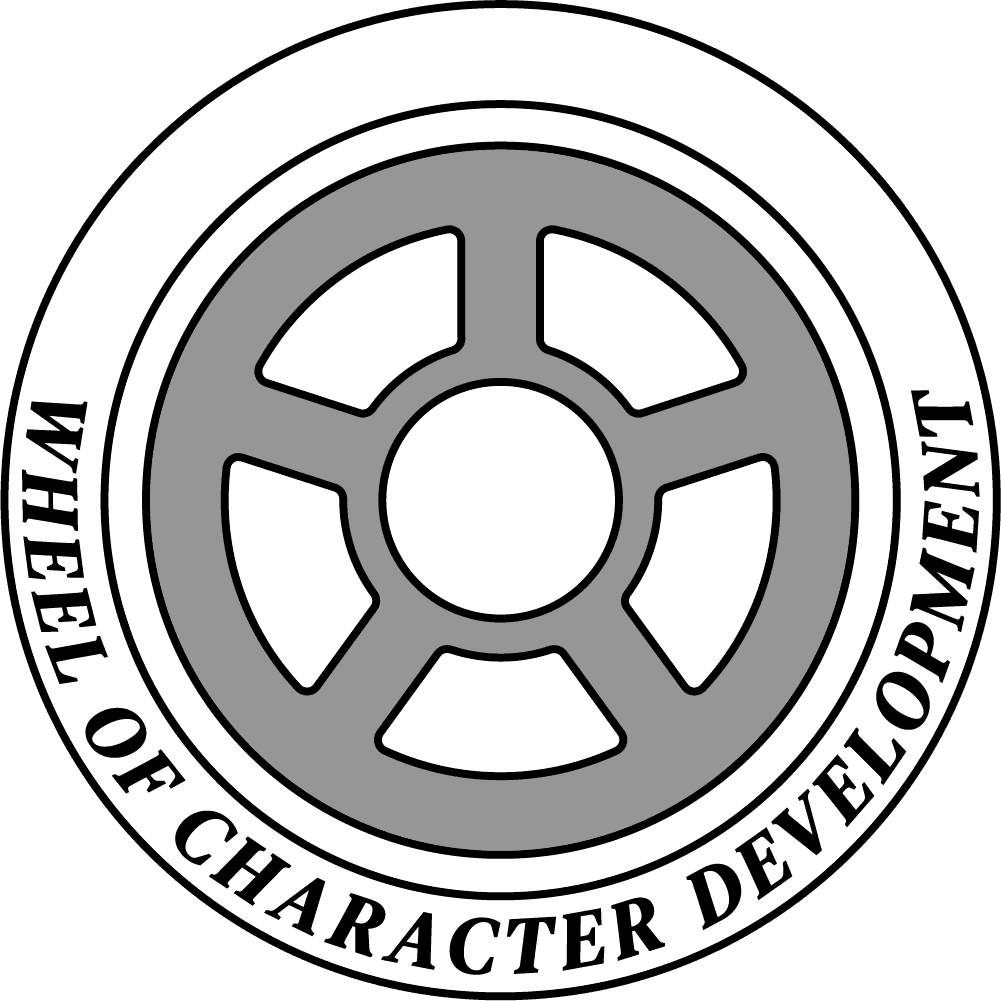The Wheel of Development is a UTOK model that charts human development across five domains: Traits, Identity, Values and Virtues, Abilities and Talents, and Challenges and Pathologies. It complements Character Adaptation Systems Theory by mapping pathways of character adaptation.
Introduction
The Wheel of Development is the seventh key idea in UTOK's framework and plays a central role in its Unified Approach to Psychotherapy. It offers a comprehensive organizational structure for understanding human personality and character development over the course of a lifetime. The Wheel identifies five primary domains where character adaptation takes place, and by mapping these domains, it allows us to better understand how humans grow, change, and confront life's challenges. These five domains include:
1. Traits
Traits represent stable, enduring patterns of behavior, thought, and emotion that shape how individuals interact with the world. The study of personality traits often refers to well-known models like the Big Five (Openness, Conscientiousness, Extraversion, Agreeableness, and Neuroticism), but the Wheel of Development situates traits in a broader context of character development. Traits provide a foundation for understanding how people consistently behave across different situations, yet they also serve as axes for adaptation and change.
2. Identity
Identity reflects how individuals define themselves over time. This domain includes self-concepts such as personal identity (who we believe we are), social identity (our roles and relationships), and ego development (the capacity for self-reflection and self-awareness). Identity is a dynamic aspect of development that evolves through the processes of life experience, learning, and reflection. It is the narrative that we construct about our lives, informed by cultural, relational, and personal factors. UTOK emphasizes the importance of a coherent, well-integrated identity for psychological well-being and successful adaptation.
3. Values and Virtues
Values and virtues represent the ethical and moral dimensions of human development. These are the guiding principles by which individuals make choices and evaluate their actions. Values are deeply personal and shaped by cultural and social influences, while virtues are often understood as cultivated habits that align with one's values. Within the Wheel of Development, this domain is vital for understanding what individuals strive for, their ethical compass, and how they evaluate meaning and purpose in life. UTOK connects values and virtues to broader philosophical traditions, emphasizing their role in both personal fulfillment and social cohesion.
4. Abilities and Talents
Abilities and talents are the skills, competencies, and capacities that individuals develop and apply throughout their lives. This domain spans cognitive, emotional, and physical abilities that can be nurtured or hindered depending on life circumstances and opportunities. Development in this area is closely tied to educational, vocational, and creative pursuits, and it plays a critical role in an individual's self-esteem and life satisfaction. The Wheel of Development frames abilities and talents not just as inherent capacities, but as potentials that evolve through practice, dedication, and learning.
5. Challenges and Pathologies
No developmental journey is without its challenges. This domain focuses on the difficulties, disorders, and pathologies that individuals encounter, from psychological distress to major mental health conditions. UTOK’s framework incorporates this domain to recognize the importance of confronting and overcoming obstacles in the growth process. Challenges can lead to adaptation and growth, while pathologies—such as neuroticism, depression, and anxiety—require therapeutic interventions that foster resilience and healing. UTOK addresses these issues by integrating them into a broader context of character development and adaptation systems.
CAST and The Wheel of Development
The Character Adaptation Systems Theory (CAST) plays a central role in structuring the Wheel of Development. CAST focuses on how human systems of adaptation interact with each of the five domains. These axes of adaptation—traits, identity, values, abilities, and challenges—guide how we navigate life and develop as individuals. CAST provides a metatheoretical structure that aligns the development of personality across time with the challenges and complexities of human life.
A Lifelong Framework
The Wheel of Development emphasizes that human growth is a lifelong process, where individuals navigate different phases of adaptation. From early childhood to late adulthood, people continuously evolve across these five domains. The Wheel acknowledges that while traits and abilities may stabilize, identity, values, and the experience of challenges are fluid and shaped by external and internal forces over time. Through this dynamic interaction, the Wheel of Development provides a flexible yet comprehensive model for understanding human growth, with deep implications for psychotherapy and personal transformation.
Links & Resources





